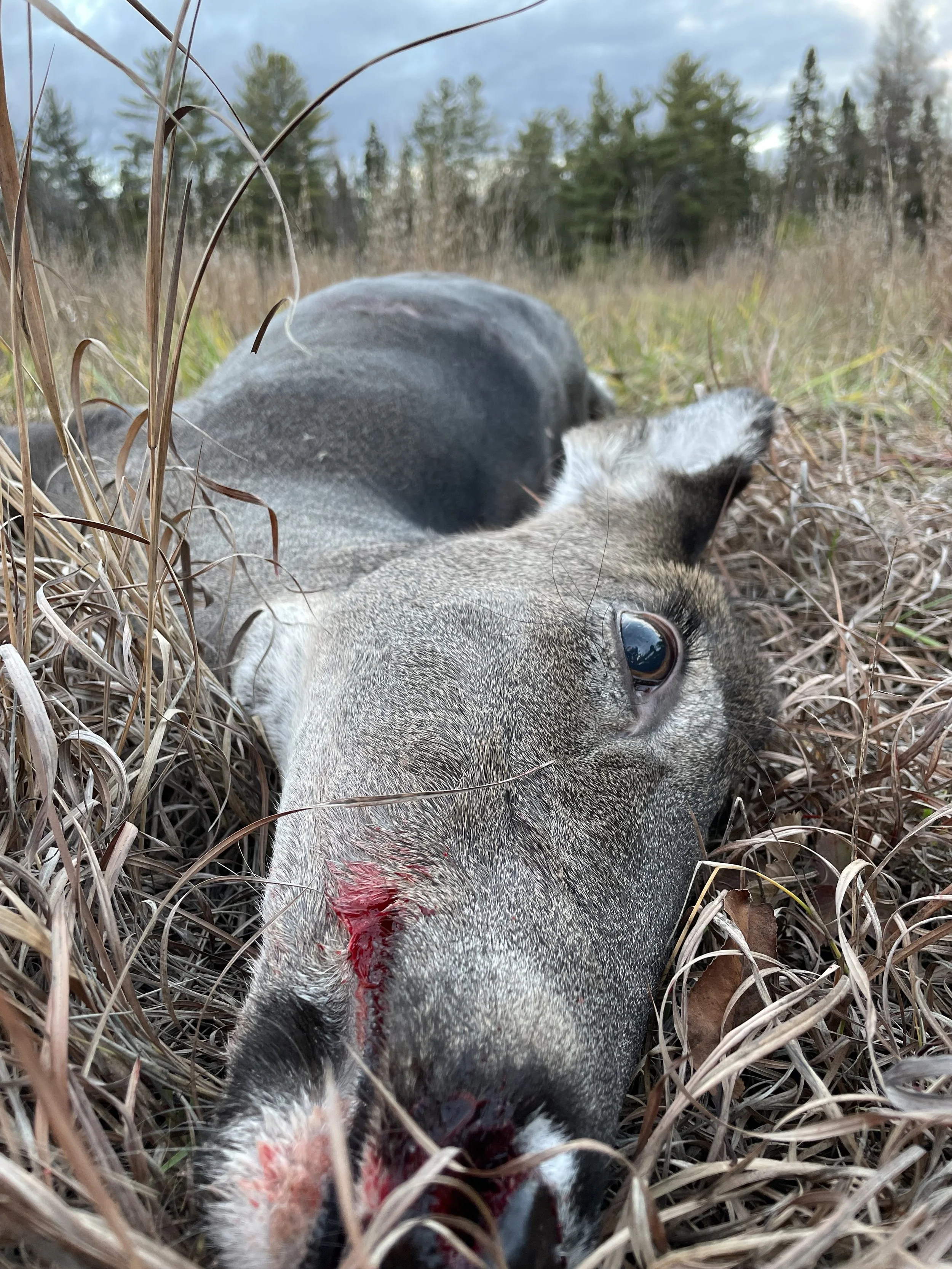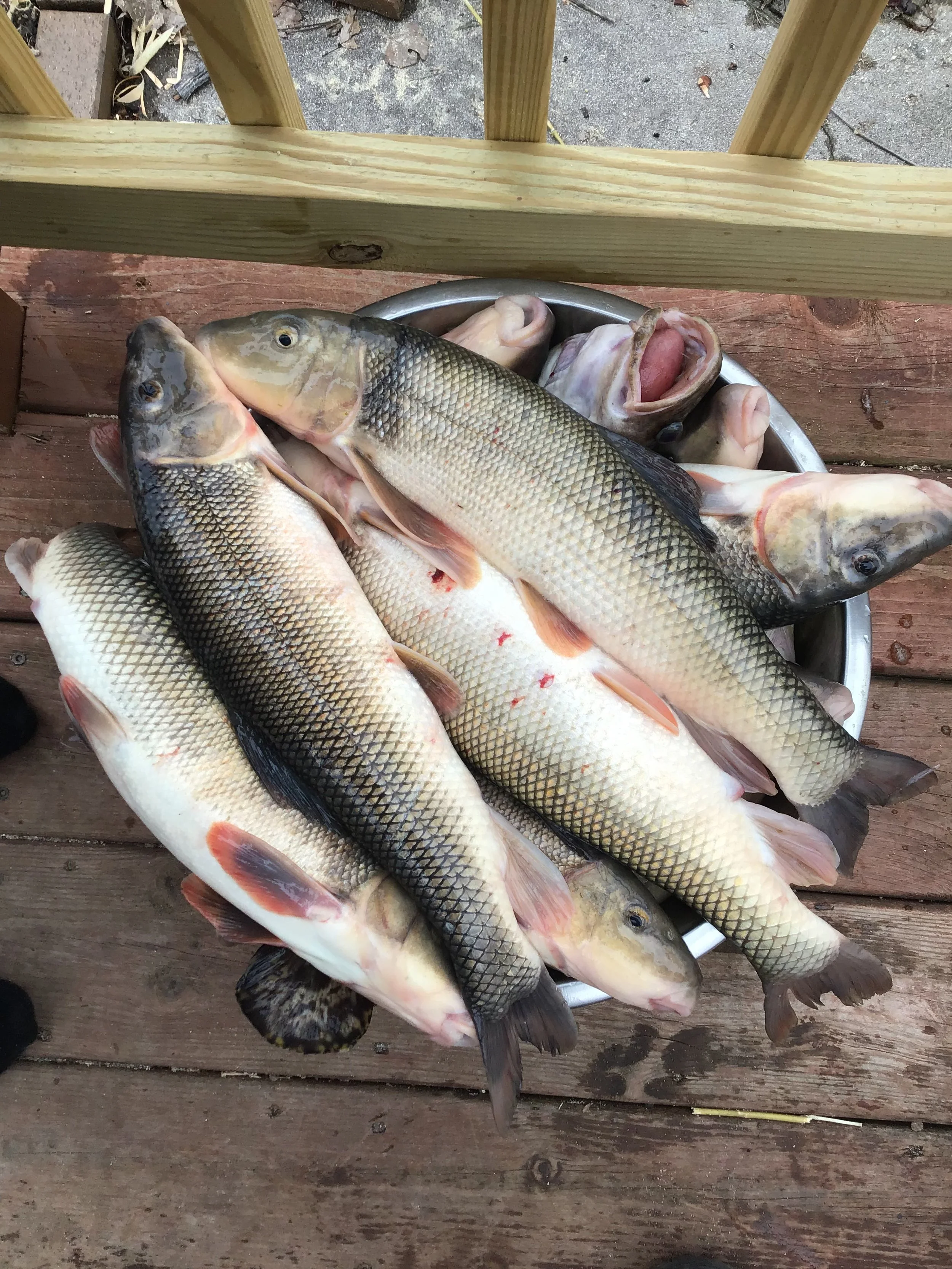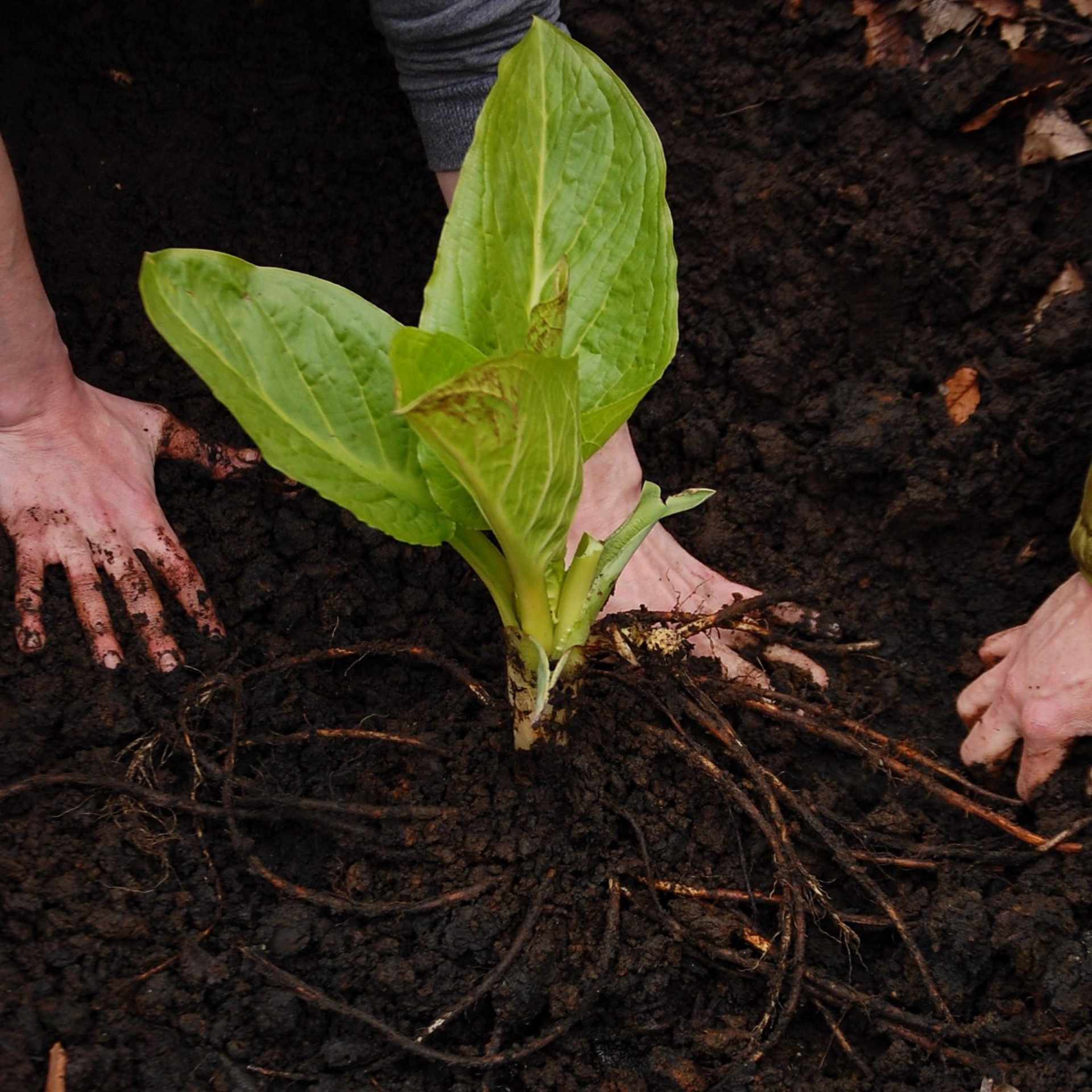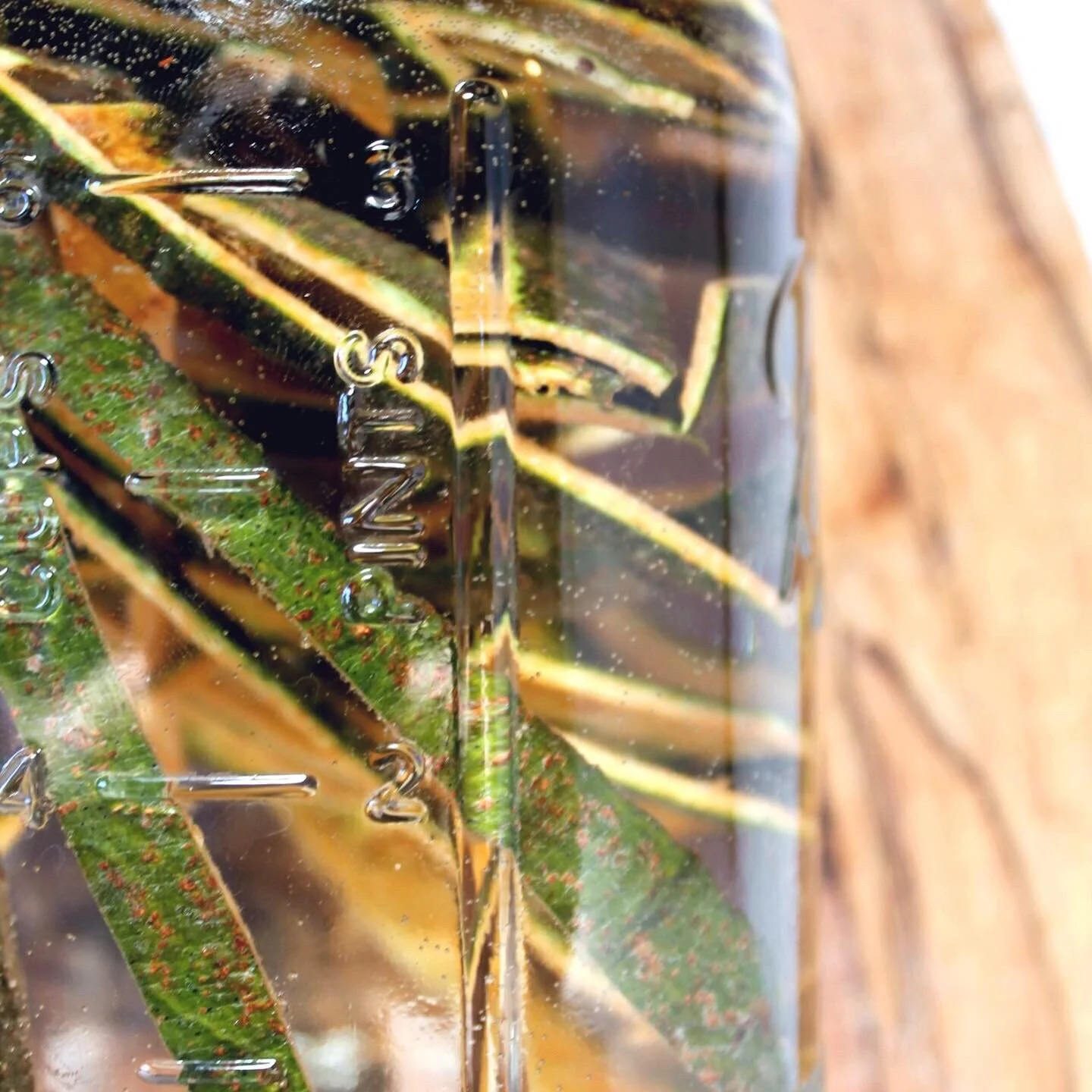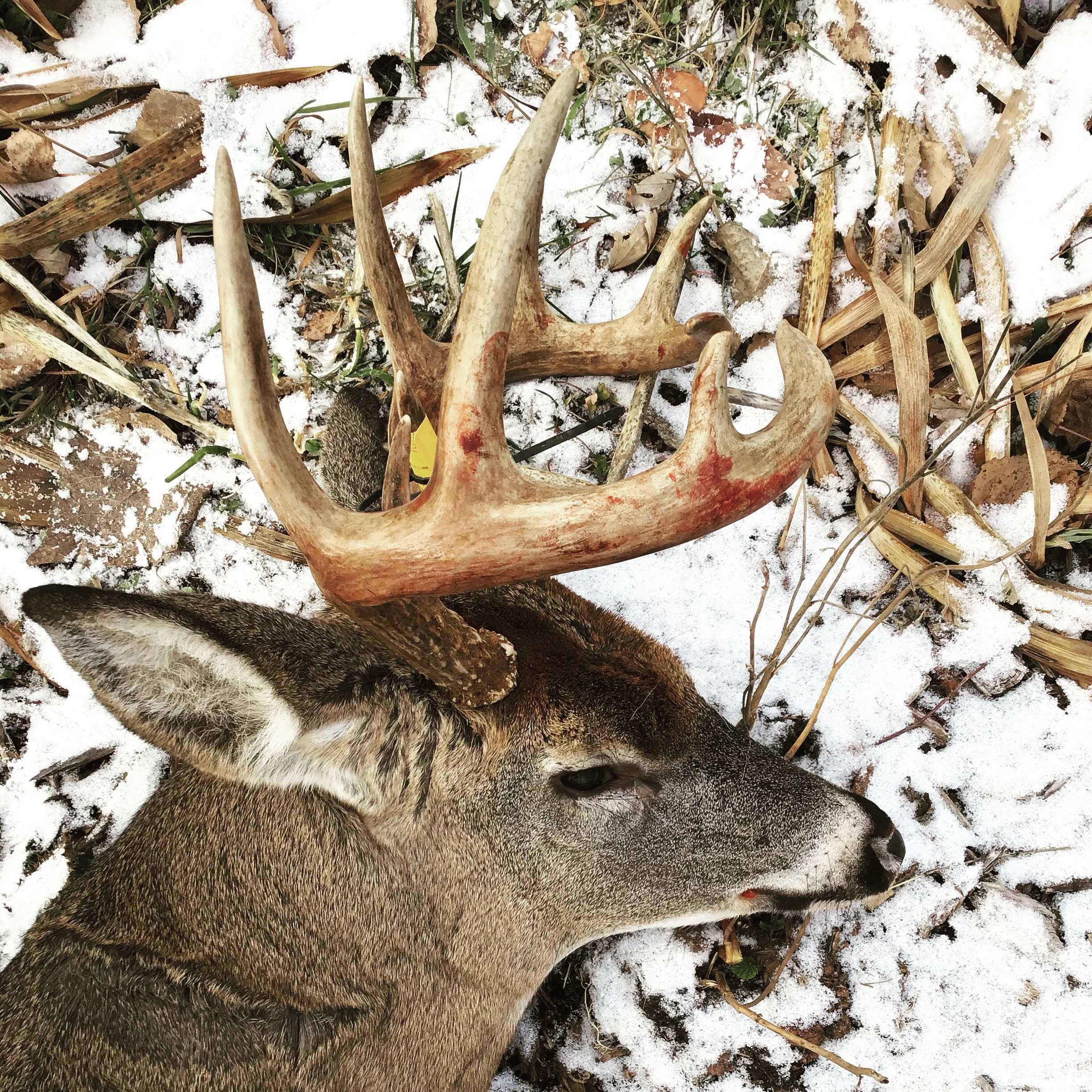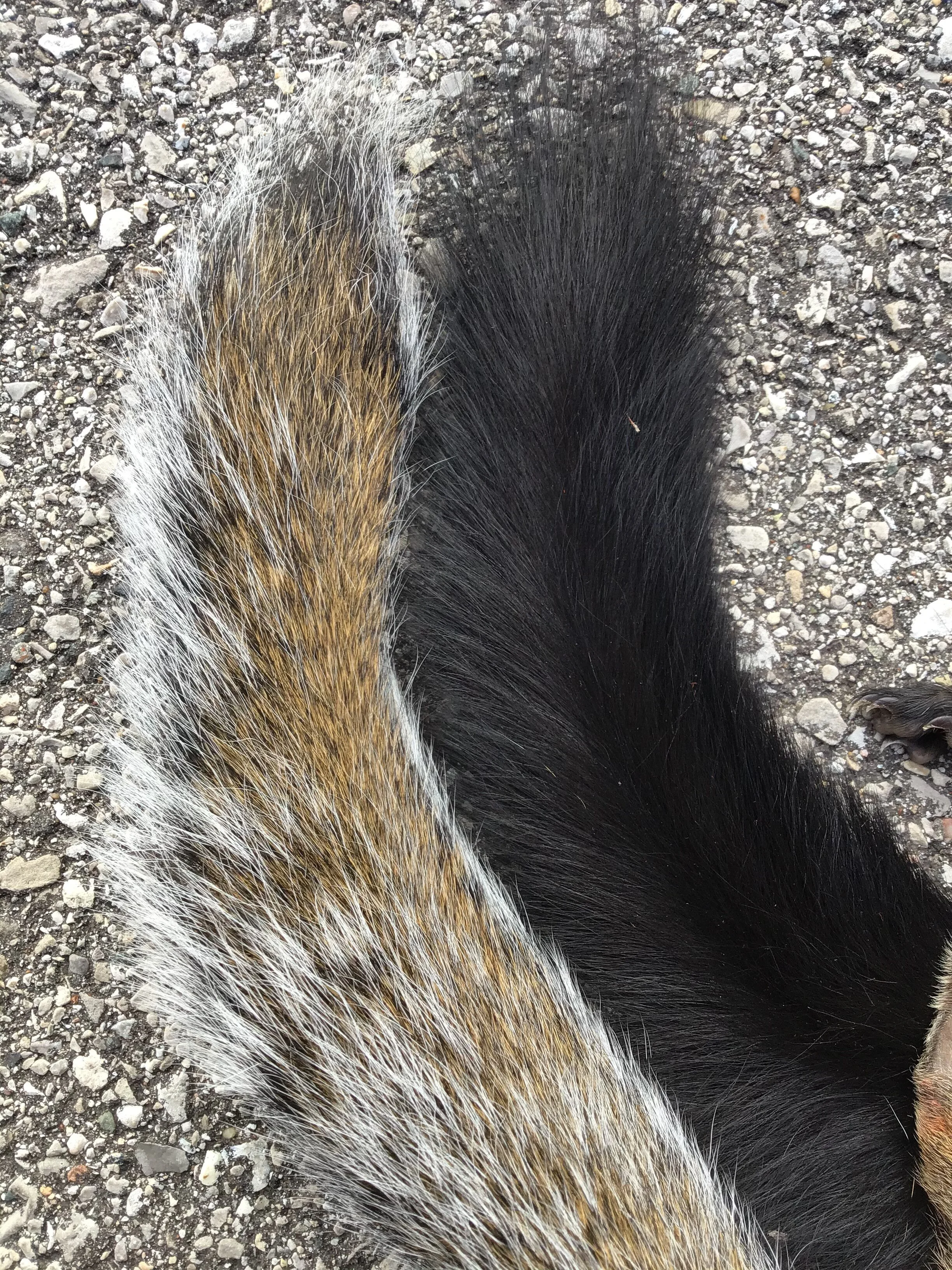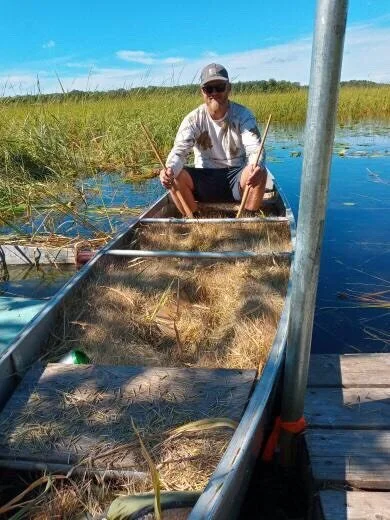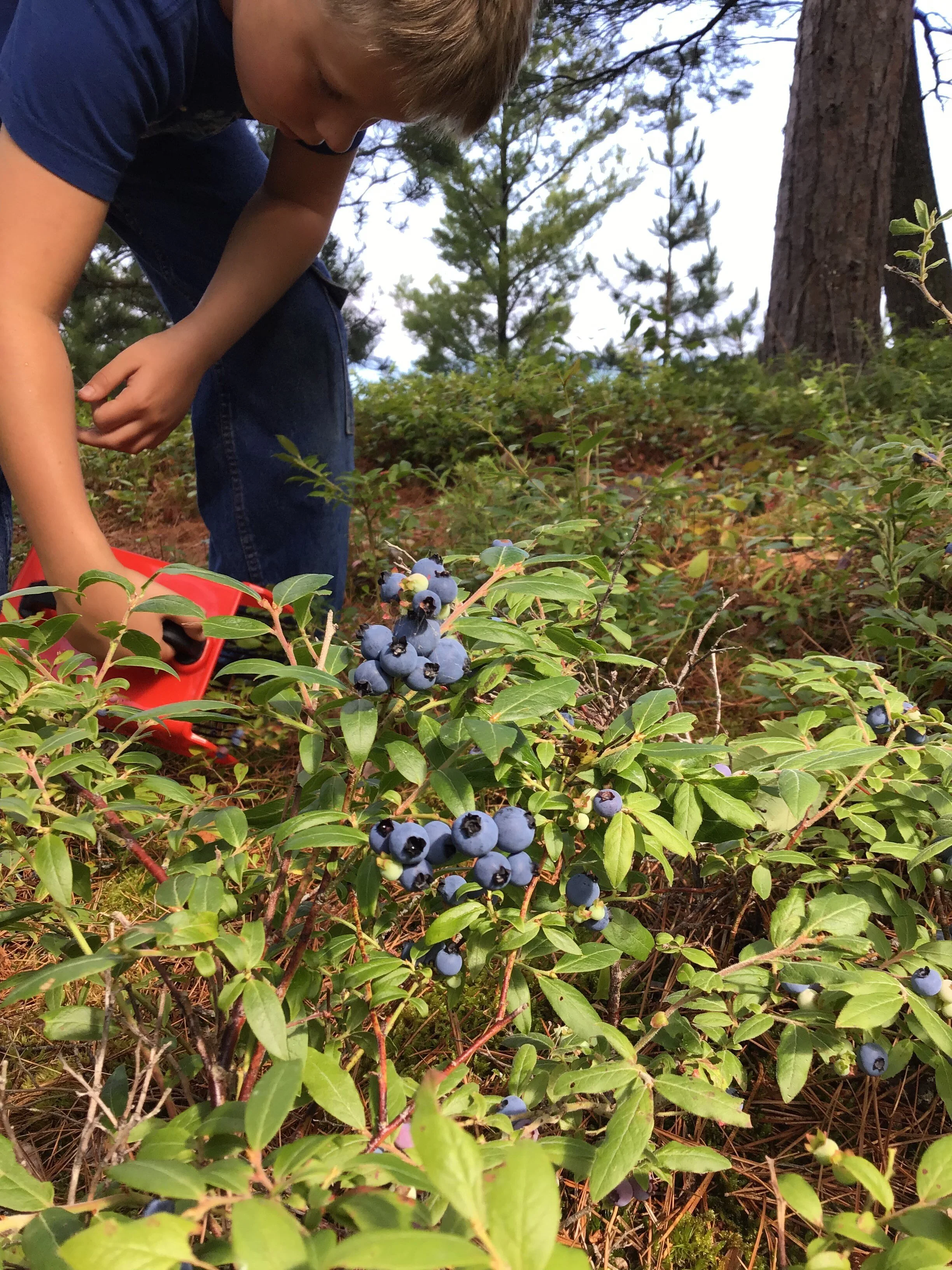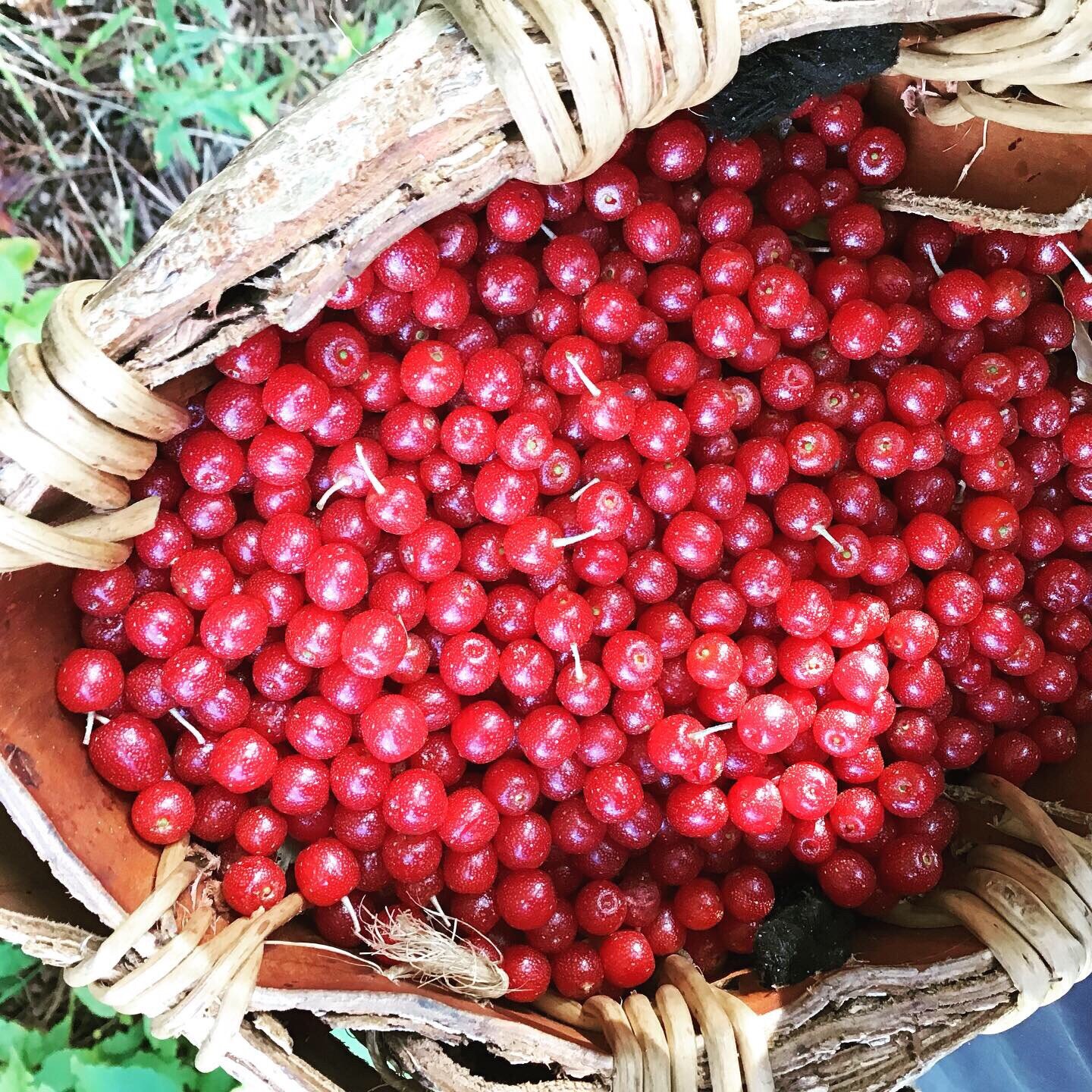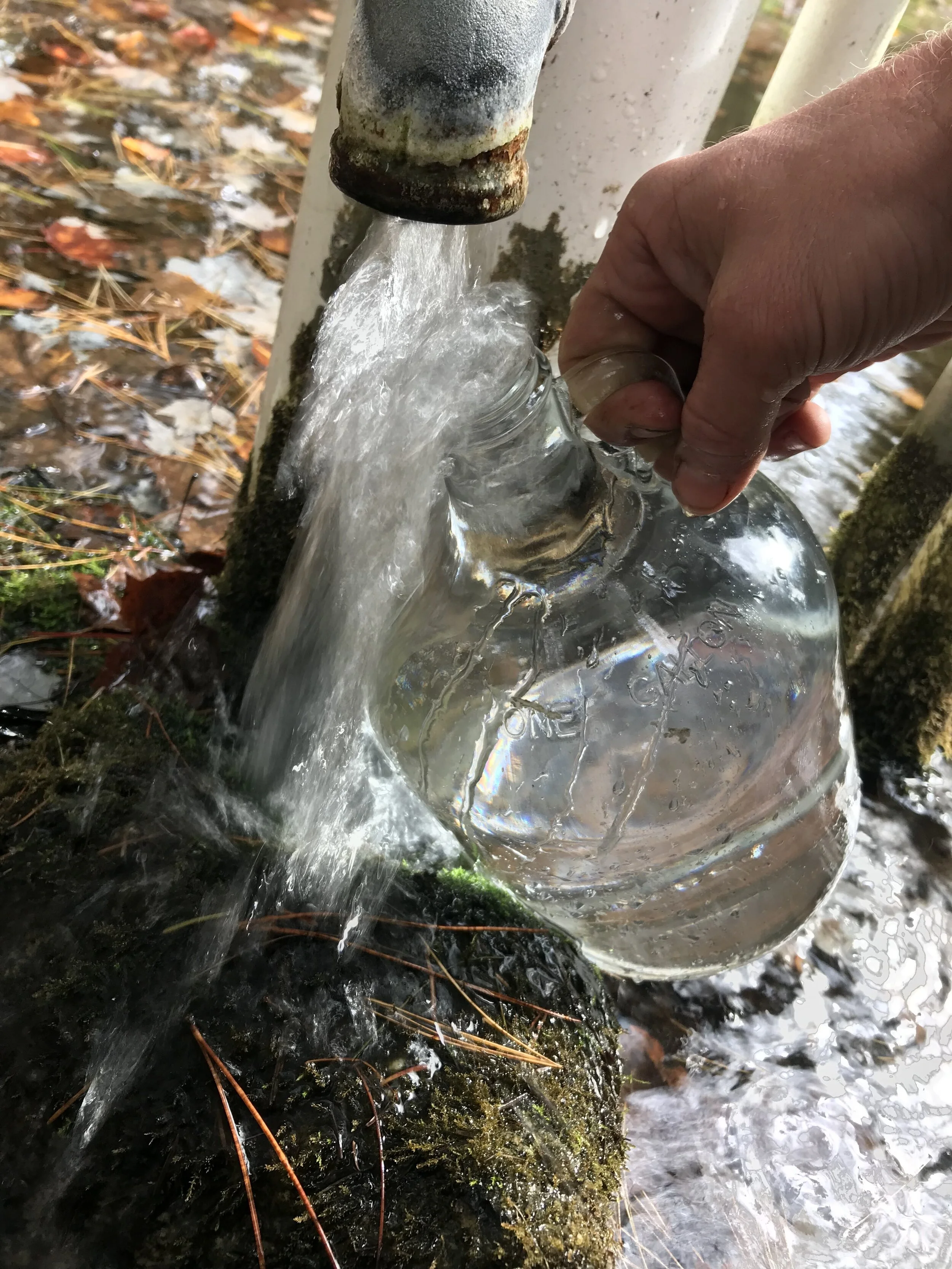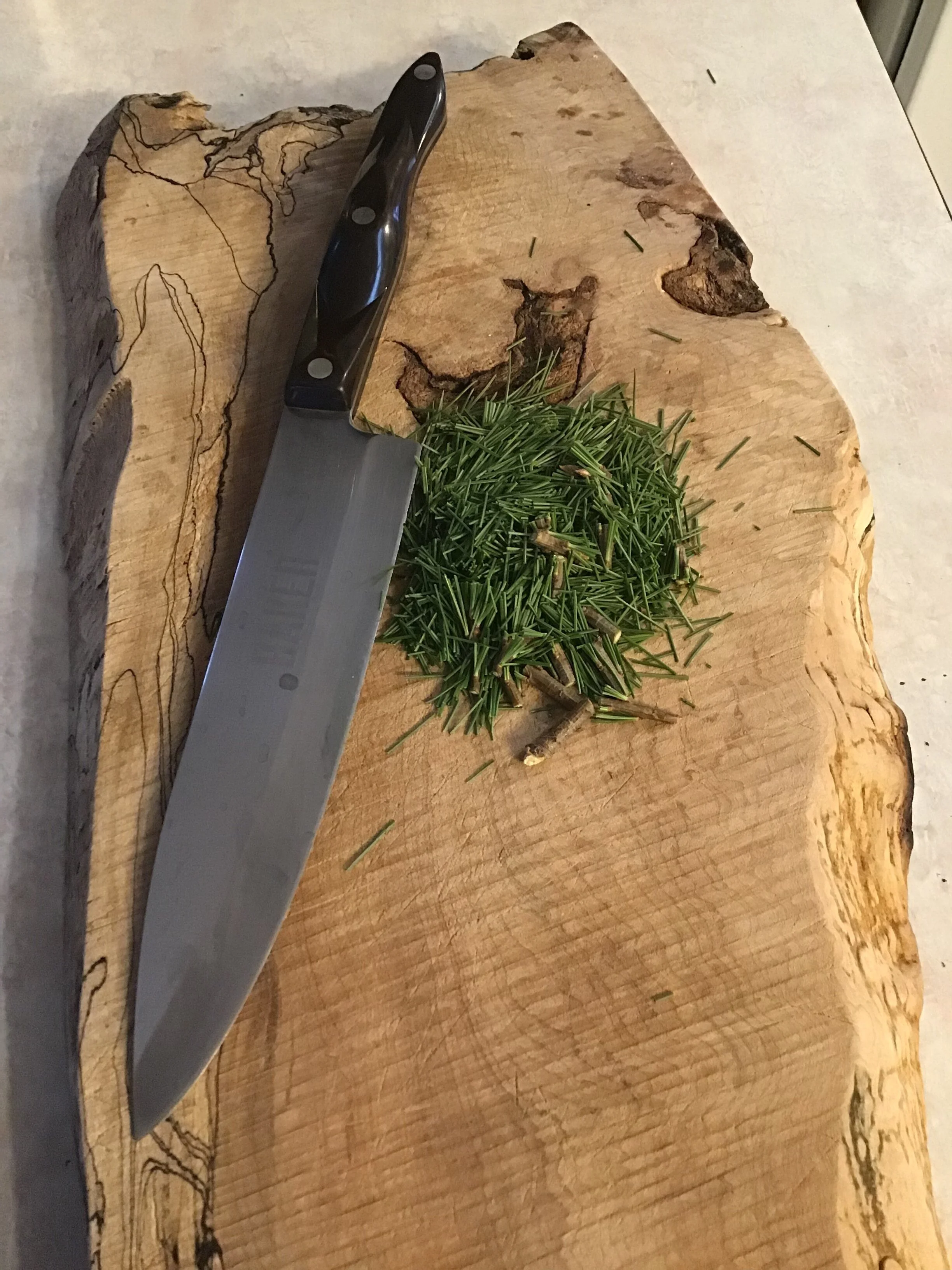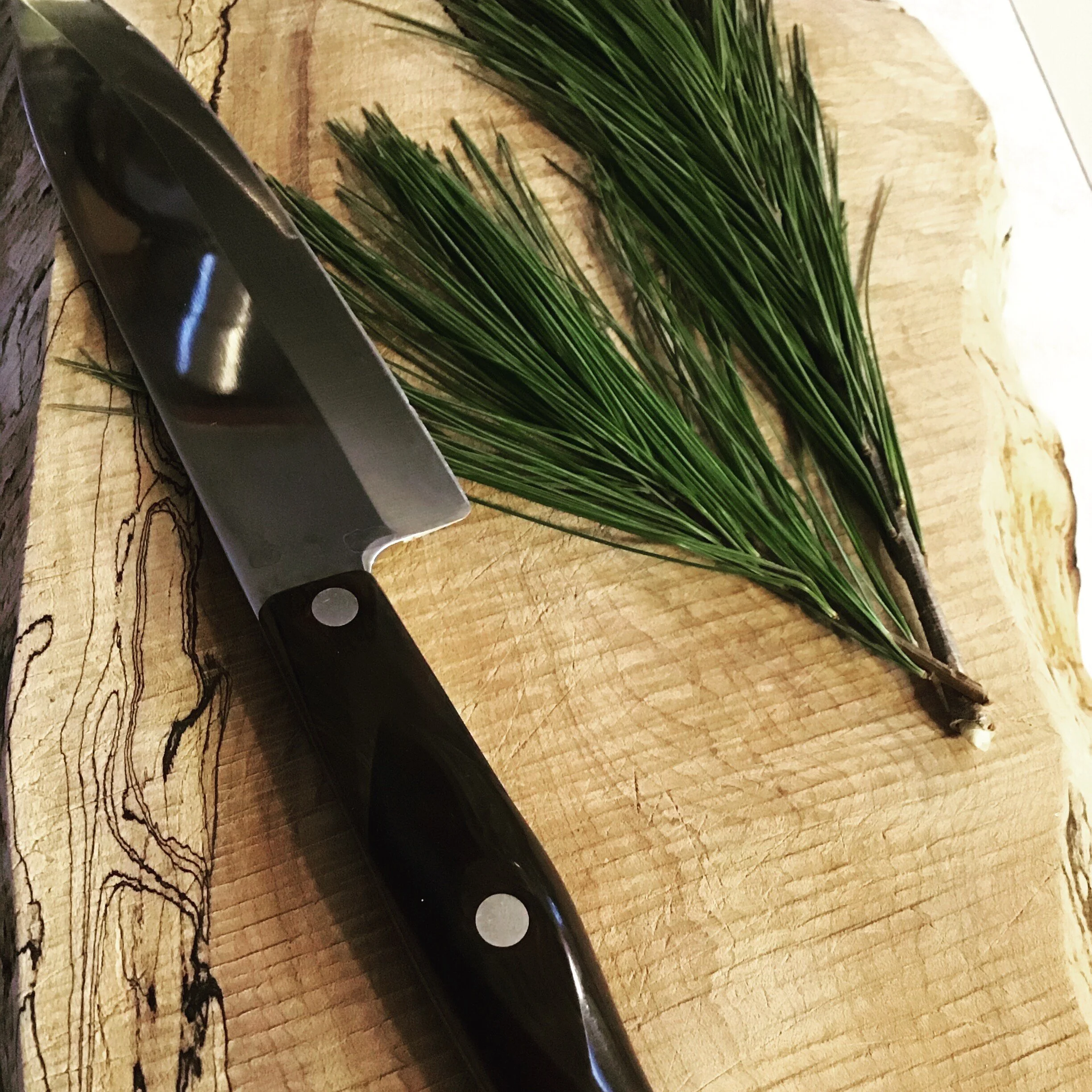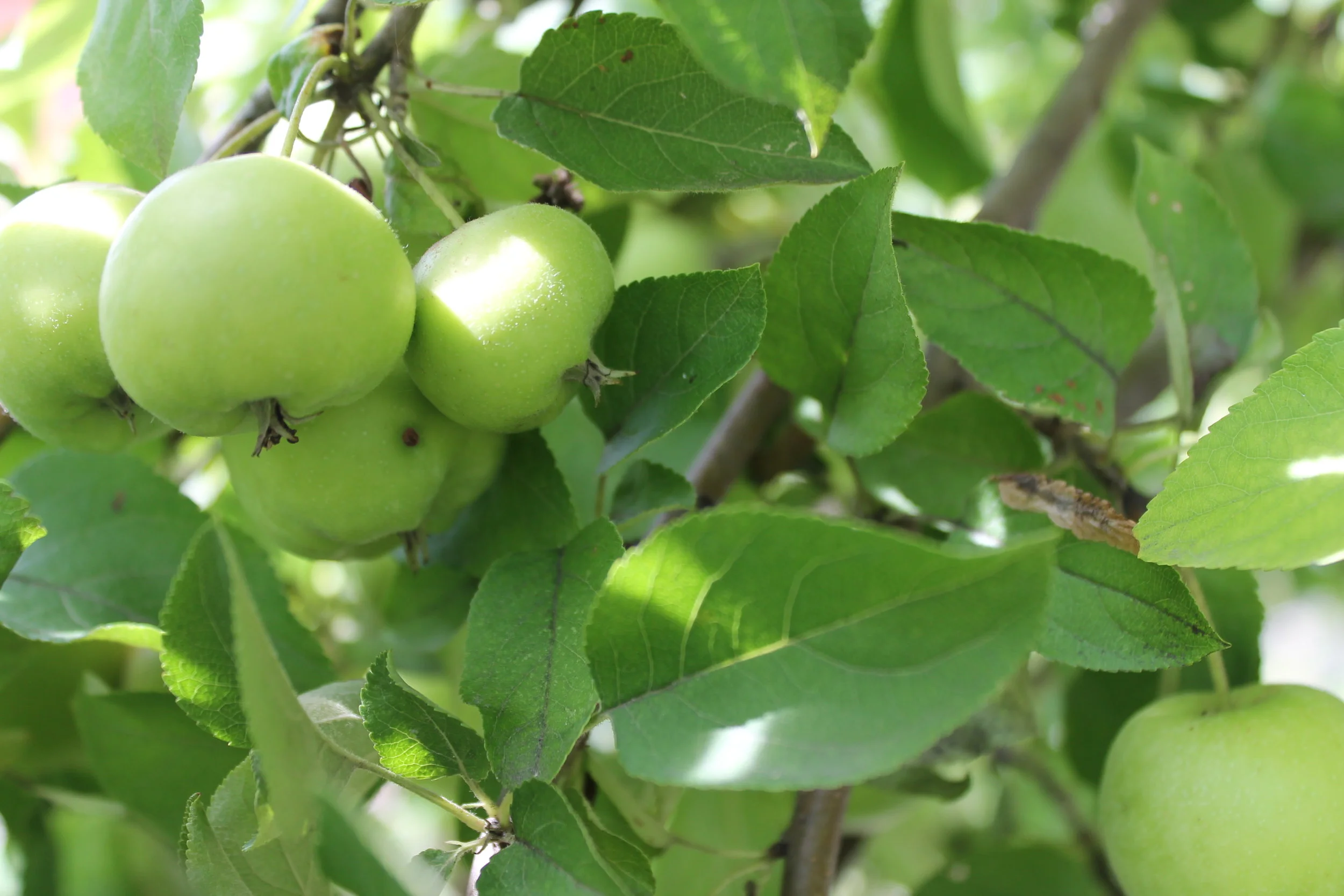This is a post from my Substack. If you want to check out my most recent writings, please click HERE
As a young whippersnapper I did not hunt. I grew up in a family of mostly non hunters with a stepdad that got into it when I was already nearing the time I’d be leaving the house. My stepdad only hunted deer for the 15 days a year that we can legally hunt deer in Michigan with a rifle. Needless to say, that did not leave a lasting impression upon me as to how one should hunt, or that hunting was something desirable to do. I am now a 40-year-old and I am a bad deer hunter.
The blame for my bad deer hunting is not to be put on the shoulders of Tom (my stepdad), but squarely on my shoulders as I do not have what it takes to be what is referred to in modern day parlance as a good hunter. My mind wanders to the countless anthropology books and other materials I have read over the years recounting the ways in which men in the past hunted deer, or stags, or elk and I yearn for those days. My soul truly yearns to stalk an elk on the Great Plains in a pair of shoes made of the skin of another animal that I had hunted.
That is not what a successful deer hunter looks like today. A successful deer hunter must learn to sit for hours in a tree stand or a deer blind and wait. A successful deer hunter is a person that can endure the torture in their joints that ensue from being unable to make any major adjustments because deer don’t like to see movement or hear any movements either. Deer hunting today, were it not for the phones that everyone uses while hunting to distract themselves reminds me more of a Vipassana meditation retreat where the meditators will spend hours in a single position. The difference being that Whitetail hunters are meditating on killing something.
Of course, hunters will say all sorts of things about my inability to sit still for countless hours as being representative of the times. People just cannot sit still they will say, but are humans really meant to sit in a single unmoving position for 4-12 hours? I personally do not think so. Since getting into hunting as an adult I have been drawn to all the hunting that involves movement because of my innate need for it. In fact, as I grow older, I feel the need for movement only increases as each and every year I get more stiff. The odd thing is that most hunters today think that sitting around is the norm for human hunting, and that because I prefer to stalk deer, I am the strange one.
The amazing thing is that we have countless anthropological texts that showcase modern hunting as being the new guy on the block. Stalking deer is the way in which people have forever hunted deer (when not setting traps for them). I can find no historical writings that suggest people in any place in the world just sat there like an ambush predator. Humans are so ambulatory in fact that it is thought the original hunters simply ran down their prey because humans have longer endurance than most animals. Click here for an example of how this is done.
The simple truth from my perspective is this: with a shrinking availability of public land and a population that is ever growing, hunting from a blind or a tree stand is one of the safest ways in which hunters can protect themselves from getting shot. It also allows one to put down bait (not all hunters do this) to lure deer in and get a better chance at seeing deer. In all honesty I will typically search for places I think nobody else is hunting to lower my chances of getting shot if I am out stalking because people get killed every year by hunters that do not take their time to make sure a deer is what they are shooting at.
Another reason that hunters generally don’t stalk is because nobody wants to walk up on a hunter in a tree stand as that usually results in an angry hunter in a tree. I have actually walked up on many hunters in tree stands over the years and it can be unsettling to say the least. Fear of getting shot races through the mind, and also just knowing that you have most likely ruined the other hunter’s chances doesn’t feel good either. But ultimately this is the chance that hunters take when putting a tree stand on public land and any conservation officer will tell you that it is not against the law to stalk.
I have only shot 4 deer since 2016. One being the deer I just shot on 11/17/23 or Friday that I did in fact silently sneak up on. The last deer that I shot was also a still hunt, but the two priors were deer I shot from a blind. I did in fact feel pretty elated when I finally shot a deer on the first two occasions, but it was elation after days of dreadful agony. My friend and podcast cohost of the Publicly Challenged podcast Luke will do what are known as “All day sits” and there is not a single bone in my body that envies him when he partakes of this. He goes out and hangs in a tree in his saddle for up to 12 hours. No thank you. You could promise me I would see monster bucks and I would still say no to an all day sit.
Maybe there is something wrong with me. Perhaps I am wired wrong, but I would rather take my chances and slowly get better at still hunting deer than sit around all day in hopes of seeing a deer. The reality is that for me it is more than just shooting a big buck or even the meat, it is the process of the whole thing that makes the meat taste so much better. The deer I shot on Friday was a hard won hunt and one that I will not soon forget, but the hunts from blinds are forgettable and there is no real story behind either.
As controversial as this may sound most tree stand hunts also sound rather forgettable to me. I will get slack for this, but I have yet to hear a truly inspiring story come from the mouth of a tree stand hunter as most of it sounds like a bunch of sitting around watching squirrels. None of this is to say that it is not a valid or good way to hunt for you if that is how you hunt and you enjoy hunting. For me personally I like living a life full of good stories, and I believe that it is better to be a bad deer hunter with good stories rather than a great deer hunter with no stories.
Thank you so much reading this. If you think that you would like to support me in any way you could share this content with friends on your social media accounts, or you could do me a super favor and sign up to be a paying subscriber over on Substack. It only costs 5 dollars a month. That is less than the cost for a single weird drink at Starbucks and while that might not mean much to you it does mean a lot to me

